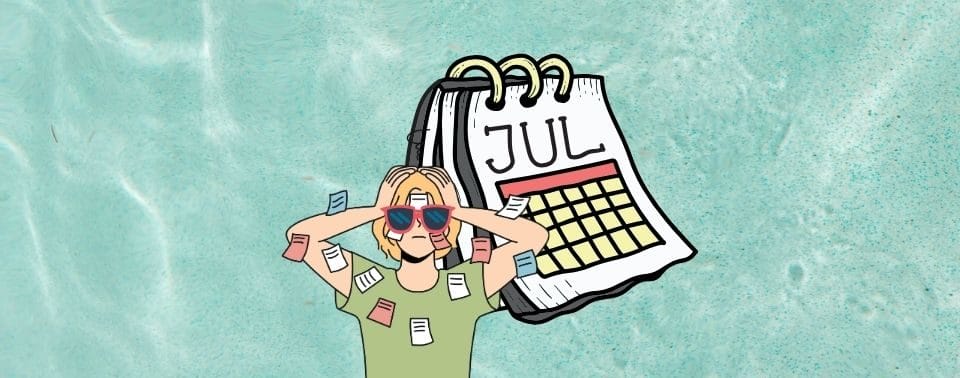
Summer is often seen as a time of rest — school is out, vacations are in full swing, and long days offer space for fun and freedom. But for many, summer can also bring unexpected stress: disrupted routines, increased family demands, and pressure to make everything perfect.
Here are a few ways to care for your mental and emotional health this summer — even when life feels busy or unpredictable.
1. Protect Time for Rest (Even If It’s Imperfect)
You don’t have to go on a week-long retreat to experience rest. Mental rest can look like:
- A quiet 15-minute walk
- Saying no to one more event
- Taking a digital break
- Sitting in the sunshine with no agenda
Small moments of rest help regulate your nervous system and restore your energy.

2. Anchor Yourself with Light Routines
Even if your schedule changes in the summer, try to keep a few consistent rhythms. These small anchors can help you feel more grounded:
- Morning journaling or coffee time
- Evening walk or screen-free hour
- Regular sleep/wake times when possible
- Sunday planning to reduce weekly stress
3. Let Go of the Pressure to “Make It Magical”
If you’re a parent, you might feel pressure to make summer perfect for your kids — but what they really need is your presence, not perfection. Connection beats chaos every time.
Focus on moments of play, laughter, and calm, even in the midst of messy days.
4. Stay Connected to Support
Don’t disconnect from support just because it’s summer. Mental health needs don’t take a vacation.
- Keep regular therapy sessions
- Reach out to friends or community groups
- Check in with yourself weekly
- Talk about your emotions with someone you trust
5. Use Summer to Practice Self-Compassion
Give yourself permission to not do it all. To rest. To enjoy what you can, and release what you can’t control. That’s good mental health in action.
Final Thought
Summer is a season — not a solution to all stress — but it can be a space to reset, reconnect, and care for your whole self. Let this summer be one where you breathe deeply, say yes to what matters, and remember that rest is not a reward — it’s a rhythm.


